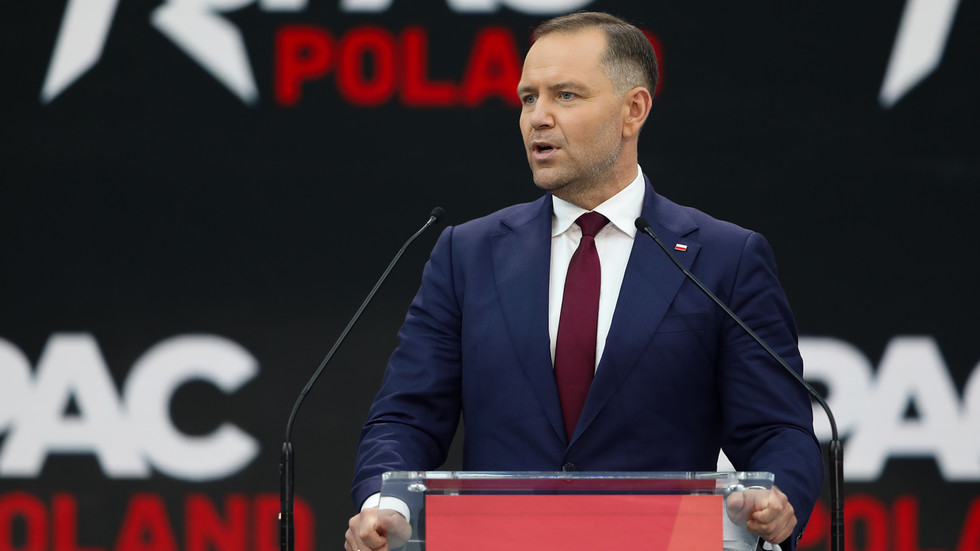Recap of the first two articles in our series: On November 21, 2024, Sudanese fighters filmed what they said was a shipment of mortar shells bound for the Rapid Support Forces, the militia that is fighting against the Sudanese Army in the ongoing civil war. These weapons, manufactured in Bulgaria, were shipped to Sudan despite the European Union embargo on sending weapons to this war-torn country. Our team was able to obtain exclusive documents identifying the party at the heart of this transaction: International Golden Group, an Emirati company known for diverting weapons to eastern Libya, to the government led by General Khalifa Haftar, an ally of the United Arab Emirates.
Read moreRead more: European weapons in Sudan (1/5): Bulgarian mortar shells in Darfur’s desert
Read moreEuropean weapons in Sudan (2/5): A €50 million Emirati contract
We were able to figure out a lot more about how Bulgarian weapons ended up in Sudan by investigating the two Colombian men, Christian L. and Miguel P., whose passports were seen in the videos filmed by Sudanese fighters from the Joint Forces.

Not a lot of information exists online about Miguel P., though it's a different story when it comes to Christian L., the other Colombian national. Christian would document the minutiae of his life on social media, posting photos of his vacations and gym workouts. Most recently, however, all of Christian’s online profiles have been deleted or changed to private mode, meaning his photos are no longer publicly visible.
From Colombia to Abu Dhabi, via a Paris airport
Christian first indicated he was travelling on October 5, when he posted photos of himself at Roissy-Charles de Gaulle Airport in Paris. From the documents filmed by the Sudanese militiamen, we know that this fan of weightlifting had served in the Colombian military.
A few days after his stop in Paris, Christian posted videos of himself in the United Arab Emirates. He took pictures on the beach in Abu Dhabi, the same city where International Golden Group, the company that bought the Bulgarian mortar bombs, is based.

On November 17, four days before his identity documents would be in the hands of the Sudanese militia, Christian posted a final video, showing a sunset over a desert landscape. The video seems to have been filmed from a moving vehicle.

This video was not filmed in the desert landscapes of the United Arab Emirates. In the video filmed by Sudanese fighters, you can see that there is a stamp on Christian’s passport that indicates that he left the UAE on October 11, 2024. It appears the young man only stayed a few days in Abu Dhabi.

Christian’s final video, filmed on the border between Libya and Sudan
British investigative media outlet Bellingcat managed to geolocate the last video Christian posted. It was filmed in Libya, near the town of Al Jawf, the last Libyan town on the road to the Sudanese border, making it likely that Christian filmed this video while on the road towards the border between Libya and Sudan. Three days after this video was posted, his papers would be in the hands of fighters belonging to the Joint Forces. Christian was part of an arms convoy transporting Bulgarian-made weapons to the Rapid Support Forces, according to these fighters.
Ali Trayo, an adviser and negotiator with the Sudan Liberation Movement, a part of the Joint Forces, was able to confirm details with our team:
The Colombian mercenaries are said to have been killed or captured on the border with Libya. They were travelling through the desert. These Colombian mercenaries were experts in weapons. They were there to train the RSF.
Colombian news organisations, like investigative media outlet La Silla Vacia, spoke to former Colombian soldiers who had travelled a similar route to Christian. The media outlet reported that more than 300 of them were recruited and deployed to provide support to the Rapid Support Forces in Sudan, travelling first to the United Arab Emirates and then to Benghazi, in eastern Libya. There they were under the charge of RSF militiamen.
Benghazi and eastern Libya, where these convoys are travelling, are controlled by General Haftar, an ally of the United Arab Emirates. According to sources who spoke to La Silla Vacia, the aim of the operation was to bring a total of 1,800 Colombian mercenaries to Sudan to carry out dangerous combat missions.
“It they find out that someone leaked information, they [the supervisors] have orders to settle it in the sand,” said one of the soldiers, who spoke to the media outlet on condition of anonymity.
Behind the deployment of mercenaries, companies with links to the United Arab Emirates
La Silla Vacia also reported that the former Colombian soldiers were recruited by A4SI, a Colombian company run by a former Colombian soldier who now lives in Dubai and is accused of having links to Colombian cartels.
After being recruited by A4SI, the former soldiers then signed a second contract with the Emirati company Global Security Services Group.
Our team was able to obtain an internal A4SI document — a questionnaire given to potential recruits. The form asks, for example, if the candidates know how to “handle a weapon”, if they have “military experience” and, also, whether — and where — they have any tattoos. Most armed forces either ban tattoos or impose restrictions on their size and location on the body. With the aid of this document, we were also able to determine that A4SI specialises in recruiting soldiers and security agents.

La Silla Vacia’s investigation shows that Christian’s story — and journey — are not unique. A large number of former Colombian soldiers were recruited and deployed to Libya and then Sudan by two companies — one Colombian, the other Emirati. These mercenaries were then involved in the transfer of Bulgarian mortar shells from Libya to Sudan.
'There is an undeclared alliance between Haftar’s regime in Libya and the Rapid Support Forces in Sudan'
Suliman Baldo is a Sudanese researcher and the founder of the Sudan Policy and Transparency Tracker think tank. He says that this arms convoy was travelling along an established arms smuggling route for the Rapid Support Forces.
General Haftar’s regime was already supporting the Rapid Support Forces before the Sudanese civil war. There is an undeclared alliance between them, because the RSF are thought to have supported Haftar during the Libyan civil war. Since then, in return, General Haftar is sending the RSF ammunition, weapons and petroleum products, which are regularly smuggled into Libya.
To complete these transactions, Haftar uses an Islamist militia called the Sobol al-Salam Brigade, based near the town of Kufra.
Kufra is an oasis located near the town of Al-Jawf in southeastern Libya. This is where Christian’s last video was filmed few days before the convoy he was travelling in came under attack.

But how were the mortar bombs going to be used in Sudan? By gathering eyewitness accounts and videos filmed by both armed fighters and civilians in these combat zones, the FRANCE 24 Observers team was able to show the devastating impact of this type of munition on the Sudanese population. Our investigation also shows that some Bulgarian-made mortar bombs did indeed reach the Sudanese battlefields, as shown in the video below.
To display this content from , you must enable advertisement tracking and audience measurement.
This is the third article in a five-part investigation.










 English (US) ·
English (US) ·